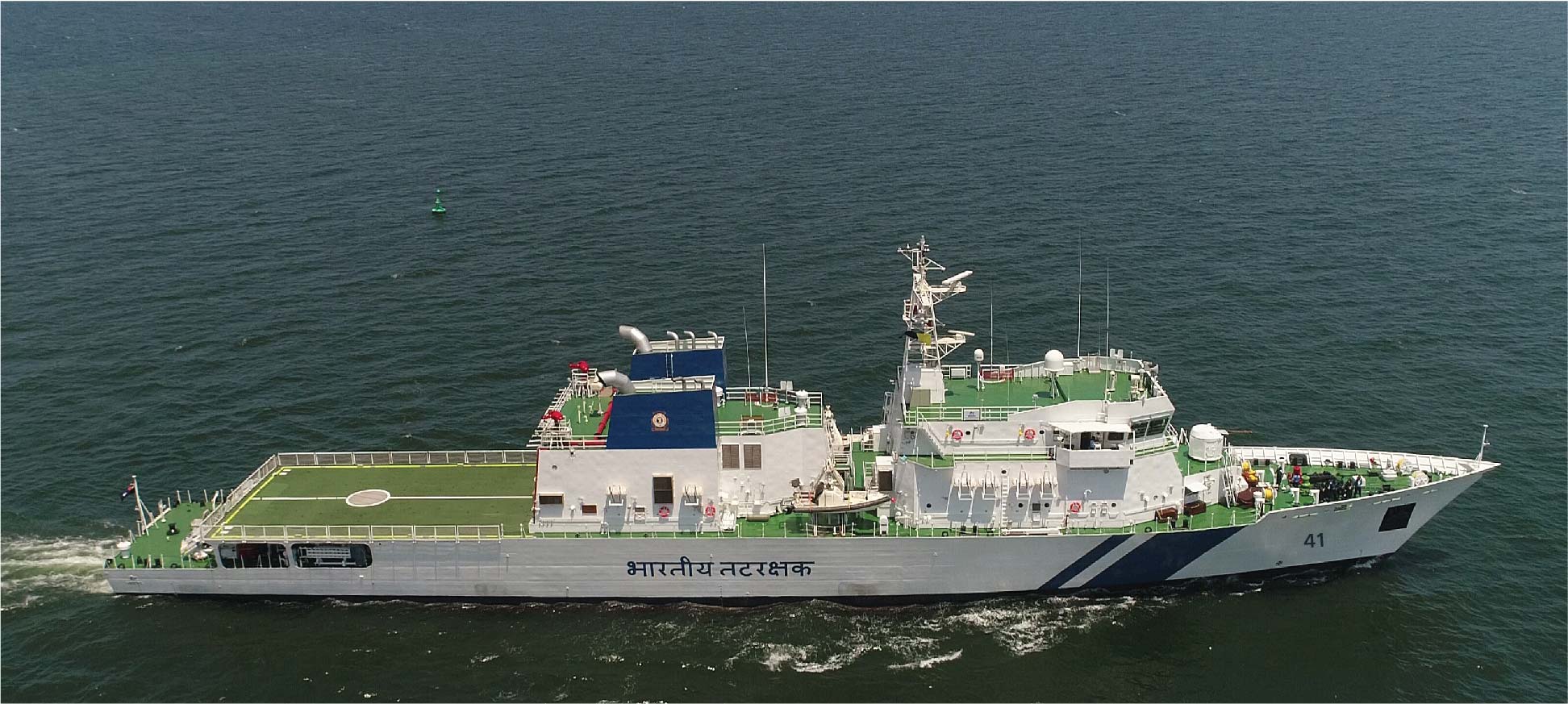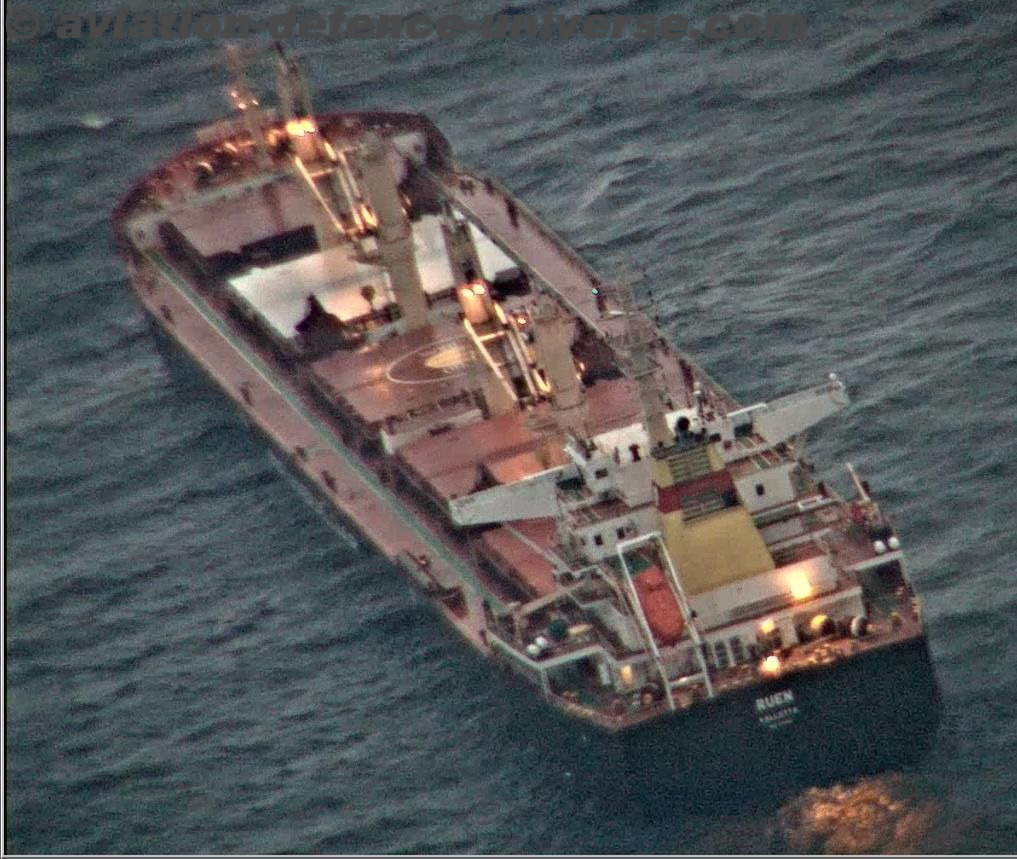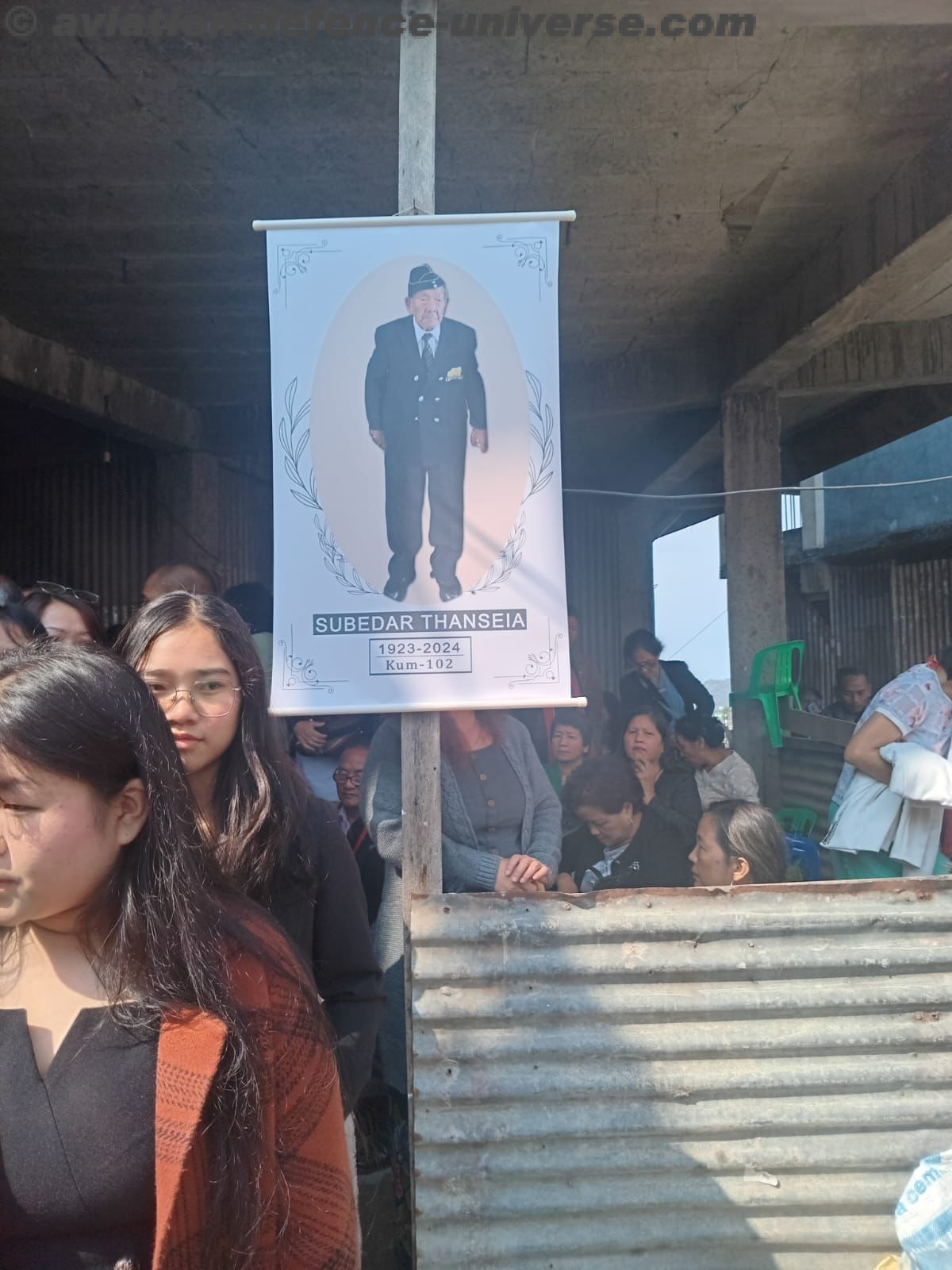571 BC – Servius Tullius, king of Rome, celebrates a triumph for his victory over the Etruscans.
885 – Siege of Paris: Viking forces sail the Seine River with a fleet of 300 longships and lay siege to Paris.
1120 – The White Ship sinks in the English Channel, drowning William Adelin, son and heir of Henry I of England.
1177 – Baldwin IV of Jerusalem and Raynald of Châtillon defeat Saladin at the Battle of Montgisard.
1343 – A tsunami, caused by an earthquake in the Tyrrhenian Sea, devastates Naples and the Maritime Republic of Amalfi, among other places.
1487 – Elizabeth of York is crowned Queen of England.
1491 – The siege of Granada, the last Moorish stronghold in Spain, ends with the Treaty of Granada.
1667 – A deadly earthquake rocks Shemakha in the Caucasus, killing 80,000 people.
1758 – French and Indian War: British forces capture Fort Duquesne from French control. Later, Fort Pitt will be built nearby and grow into modern Pittsburgh.
1759 – An earthquake hits the Mediterranean destroying Beirut and Damascus and killing 30,000-40,000.
1783 – American Revolutionary War: The last British troops leave New York City three months after the signing of the Treaty of Paris.
1795 – Partitions of Poland: Stanisław August Poniatowski, the last king of independent Poland, is forced to abdicate and is exiled to Russia.
1826 – The Greek frigate Hellas arrives in Nafplion to become the first flagship of the Hellenic Navy.
1833 – A massive undersea earthquake, estimated magnitude between 8.7-9.2, rocks Sumatra, producing a massive tsunami all along the Indonesian coast.
1839 – A cyclone slams India with high winds and a 40-foot storm surge, destroying the port city of Coringa (which has never been completely rebuilt). The storm wave sweeps inland, taking with it 20,000 ships and thousands of people. An estimated 300,000 deaths result from the disaster.
1863 – American Civil War: Battle of Missionary Ridge: At Missionary Ridge in Tennessee, Union forces led by General Ulysses S. Grant break the Siege of Chattanooga by routing Confederate troops under General Braxton Bragg.
1864 – American Civil War: A group of Confederate operatives calling themselves the Confederate Army of Manhattan starts fires in more than 20 locations in an unsuccessful attempt to burn down New York City.
1867 – Swedish chemist Alfred Nobel patents dynamite
1876 – American Indian Wars: In retaliation for the American defeat at the Battle of the Little Bighorn, United States Army troops sack Chief Dull Knife’s sleeping Cheyenne village at the headwaters of the Powder River.
1917 – World War I: German forces defeat Portuguese army of about 1200 at Negomano on the border of modern-day Mozambique and Tanzania.
1918 – Vojvodina, formerly Austro-Hungarian crown land, proclaims its secession from Austria–Hungary to join the Kingdom of Serbia.
1926 – The deadliest November tornado outbreak in U.S. history kills 76 people and injures more than 400.
1936 – In Berlin, Germany and Japan sign the Anti-Comintern Pact, agreeing to consult on measures “to safeguard their common interests” in the case of an unprovoked attack by the Soviet Union against either nation. The pact is renewed on the same day five years later with additional signatories.
1940 – World War II: First flight of the de Havilland Mosquito and Martin B-26 Marauder.
1941 – HMS Barham is sunk by a German torpedo during World War II.
1943 – World War II: Statehood of Bosnia and Herzegovina is re-established at the State Anti-fascist Council for the National Liberation of Bosnia and Herzegovina.
1950 – The Great Appalachian Storm of November 1950 impacts 22 American states, killing 353 people, injuring over 160, and causing US$66.7 million in damages (1950 dollars).
1952 – Korean War: After 42 days of fighting, the Battle of Triangle Hill ends as American and South Korean units abandon their attempt to capture the “Iron Triangle”.
1958 – French Sudan gains autonomy as a self-governing member of the French Community.
1960 – The Mirabal sisters of the Dominican Republic are assassinated.
1963 – Greece –A military coup supported by the army, navy and air force has deposed the government led by President George Papadopoulos. The coup was a bloodless affair and is supported by most ordinary Greeks as Papadopoulos was generally hated by the general population due to the repression and brutality of his regime.
1970 – In Japan, author Yukio Mishima and one compatriot commit ritualistic seppuku after an unsuccessful coup attempt.
1973 – George Papadopoulos, head of the military Regime of the Colonels in Greece, is ousted in a hardliners’ coup led by Brigadier General Dimitrios Ioannidis.
1975 – Suriname gains independence from the Netherlands.
1983 – Syria & Saudi Arabia announce cease-fire in PLO civil war in Tripoli
1986 – Iran–Contra affair: U.S. Attorney General Edwin Meese announces that profits from covert weapons sales to Iran were illegally diverted to the anti-communist Contra rebels in Nicaragua.
1986 – The King Fahd Causeway is officially opened in the Persian Gulf.
1987 – Typhoon Nina pummels the Philippines with category 5 winds of 165 mph and a surge that destroys entire villages. At least 1,036 deaths are attributed to the storm.
1992 – The Federal Assembly of Czechoslovakia votes to split the country into the Czech Republic and Slovakia, with effect from January 1, 1993.
1996 – An ice storm strikes the central U.S., killing 26 people. A powerful windstorm affects Florida and winds gust over 90 mph, toppling trees and flipping trailers.
1999 – The United Nations establishes the International Day for the Elimination of Violence against Women to commemorate the murder of three Mirabal sisters for resistance against the Rafael Trujillo dictatorship in the Dominican Republic.
2000 – The 2000 Baku earthquake, with a Richter magnitude of 7.0, leaves 26 people dead in Baku, Azerbaijan, and becomes the strongest earthquake in the region in 158 years.
2008 – Cyclone Nisha strikes northern Sri Lanka, killing 15 people and displacing 90,000 others while dealing the region the highest rainfall in nine decades.
2009 – Jeddah floods: Freak rains swamp the city of Jeddah, Saudi Arabia, during an ongoing Hajj pilgrimage. Three thousand cars are swept away and 122 people perish in the torrents, with 350 others missing.
2015 – Pope Francis makes his first official visit to Africa.
25th November in History
Hits 2,303























































































































